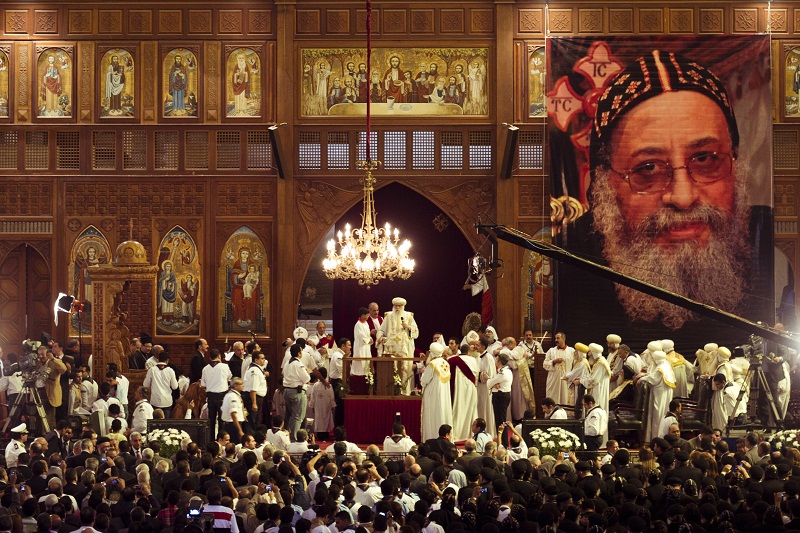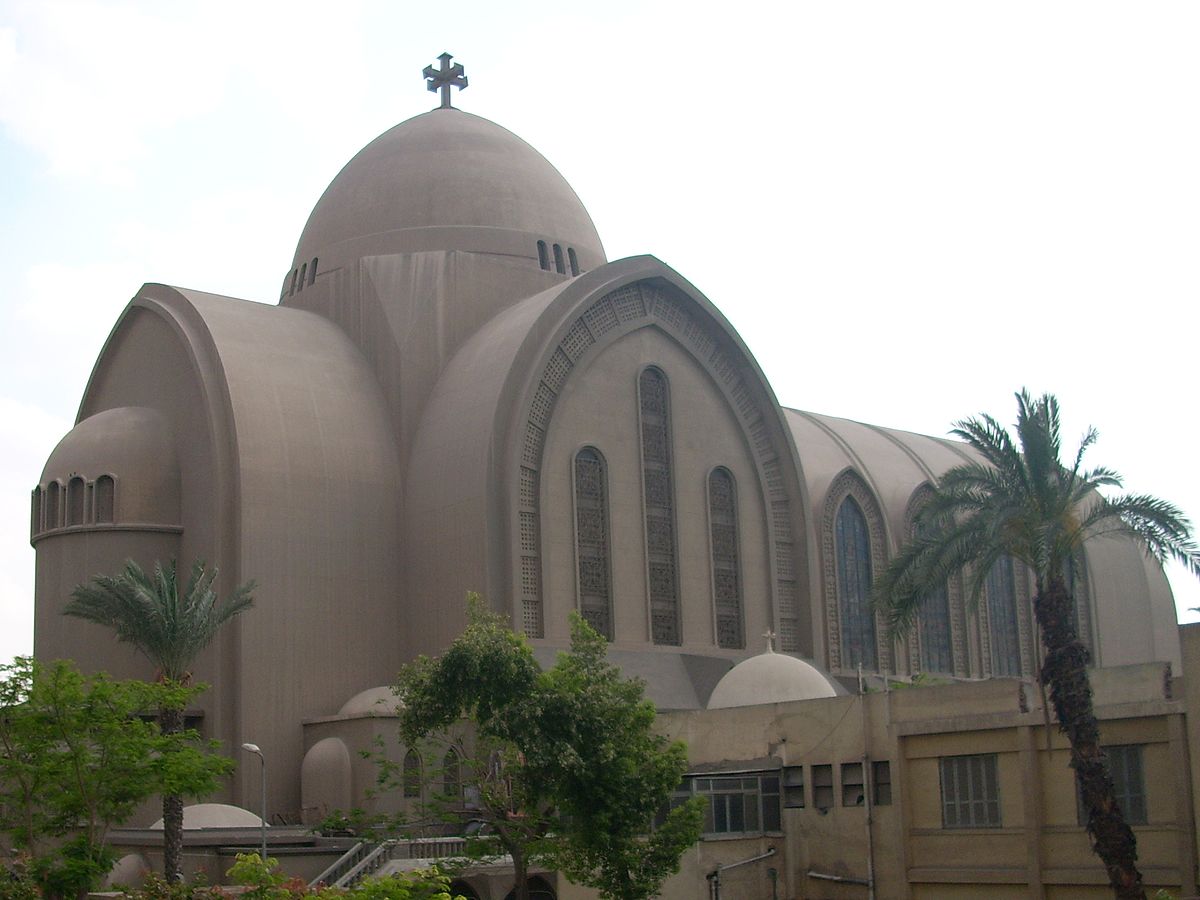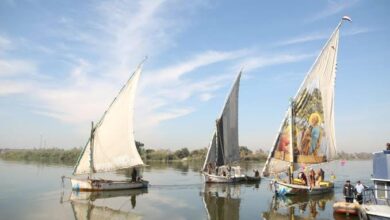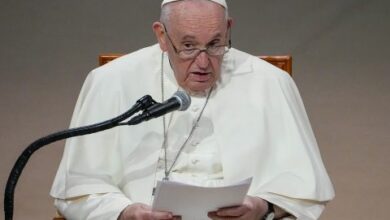
Acting Pope Pachomius named his former pupil, Bishop Tawadros, as the 118th patriarch of the Coptic Church on Sunday, after a blindfolded altar boy picked his name from a bowl containing the names of the final three candidates.
Before mass Sunday morning, the names of the final three were written on pieces of paper, sealed with wax, and placed in a bowl, which was atop the altar from the beginning of mass.
The ceremony took place at St. Mark's Coptic Orthodox Cathedral in Abbasseya. A cheerful atmosphere and brief applause greeted the announcement.
The altar lottery is the third stage in the process of the selection of the new pope, which started after Pope Shenouda III died last March.
The papal nominations committee, consisting of nine clerics and nine lay Coptic leaders, chose five candidates from a field of 17. The second stage took place on Monday, 29 October, when 2,256 leading Copts voted to allow three of the five through to the “altar lottery.”
Two other candidates were in the final round: Bishop Rafael, 54, an assistant bishop of Central Cairo, and Father Rafael Ava Mina, 70, a monk at St. Mina Monastery and the deacon for Father Kyrillos VI.
Tawadros, 60, a bishop for Beheira Governorate and assistant to Pachnomius, studied pharmacy at Alexandria University and is known to have good relations with Islamists.
On Sunday, Tawadros not only celebrated his selection, but also his birthday. He was born on 4 November 1952 in Mansoura. He became a monk in 1988 at the St. Bishoy Monastery in Wadi Natrun, and became a bishop in 1997.
Observers say he possesses strong administrative skills, and is open to other Christian dominations in Egypt, as well as Muslims.
“We know that he is open to others. We hope that he becomes pope for all Christians in Egypt,” said Father Rafiq Graish, a spokesperson for Egypt’s Catholic community.
Copts make up 6 to 10 percent of Egypt’s population of 83 million, and their church dates back to the early days of Christianity. But the rise of Islamism in Egypt has strengthened their sense of anxiety and fears of marginalization.
A ‘notable’ ceremony
Sunday’s event received plenty of media attention, although journalists were not allowed inside the church. They followed the events over television from a nearby media center. Egyptian state TV broadcast the ceremony exclusively.
Bishop Puola thanked state TV and the Interior Ministry for their efforts to cover and protect the event.
Heavy security surrounded the cathedral since the early morning. Teams of young Coptic scouts were in charge of organizing the event inside the church. Some scouts were disgruntled because their favorite candidate, Bishop Rafael, had lost.
Only so-called “notable” Copts (those who were eligible to vote) were given an invitation to attend the ceremony. Other Copts were given a different invitation, and were able to follow the event through TV screens in the courtyard. However, some of the church's pews were empty.
The inauguration sermon will take place on 18 November. Delegations from other churches in the world are expected to participate, as well as high-profile figures. The Coptic Church has invited President Mohamed Morsy to attend.
“The president informed us that if can’t come to the inauguration, he will visit the new pope in the cathedral to congratulate him,” Bishop Bishoy, secretary of the Holy Synod, said.




